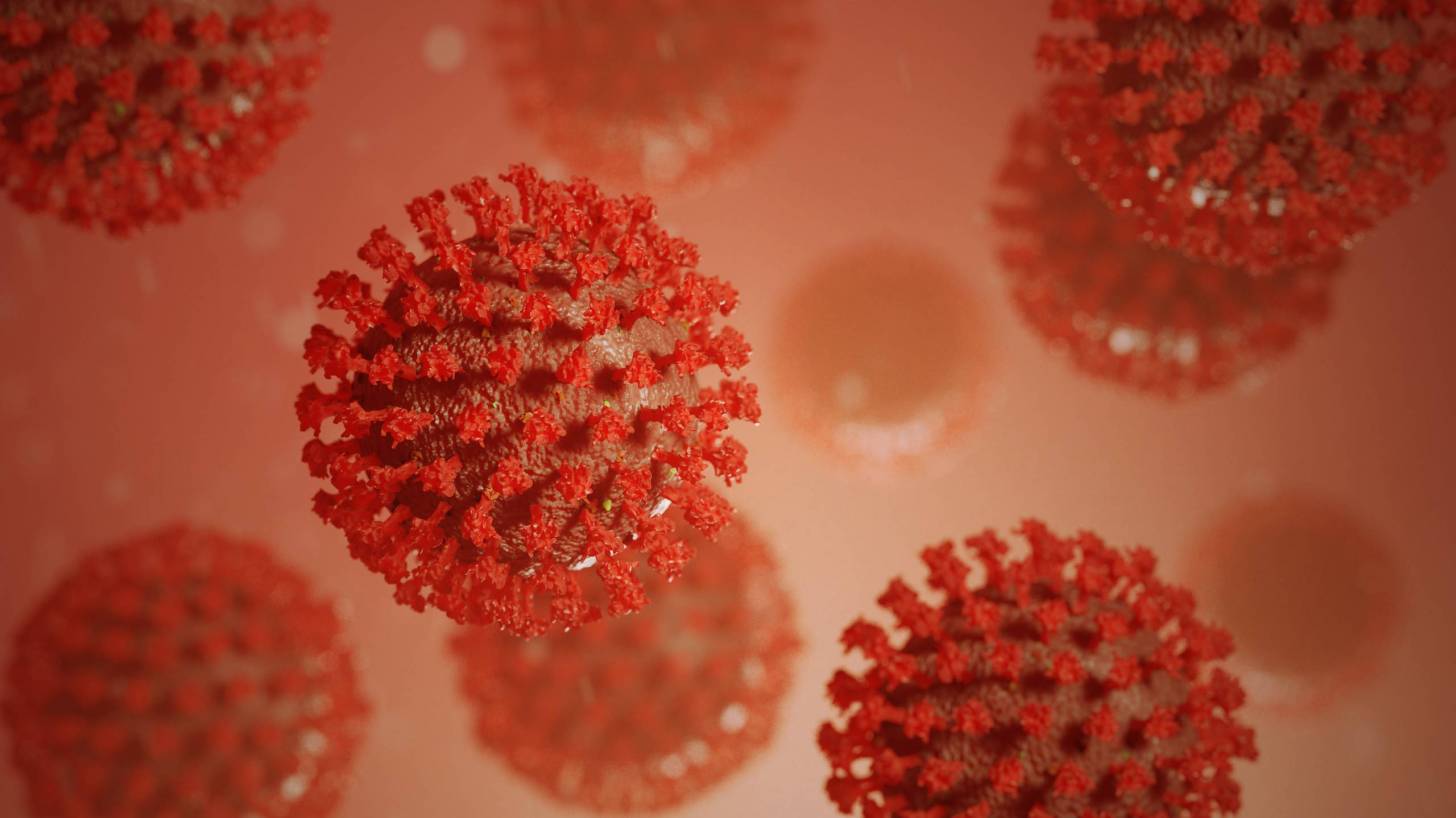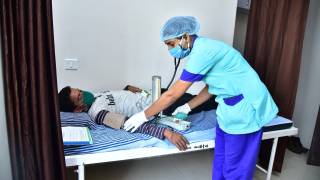COVID-19 Vaccine Candidate Appears Effective in Older Adults

‘It’s been truly breathtaking to watch the progress being made on a daily basis to develop safe and effective vaccines for the SARS-CoV-2,’ stated the 16th Director of the National Institutes of Health (NIH) weekly blog.
‘Indeed, months sooner than has ever been possible for a newly emerging infection, several promising vaccines are already working their way through Phase 3 studies, the final stage of clinical evaluation.’
‘I remain optimistic that we will have one or more vaccines that prove to be safe and effective by January 2021,’ said Francis S. Collins, M.D., Ph.D.
Excerpts from Dr. Collins blog continue below:
But, as encouraging as the early data have been, uncertainty has remained over whether vaccines that appear safe and effective in developing antibodies in younger adults will work as well in older people, too. It’s a critical issue given that older individuals also are at greater risk for severe or life-threatening illnesses if they do get sick from COVID-19.
So, I’m pleased to highlight some recent findings, published in the New England Journal of Medicine, from an early Phase 1 clinical trial that was expanded to include 40 adults over age 55. While we eagerly await the results of ongoing and larger studies, these early data suggest that an innovative COVID-19 vaccine co-developed by NIH’s Vaccine Research Center (VRC), in partnership with Moderna Inc., Cambridge, MA, is both well tolerated and effective in generating a strong immune response when given to adults of any age.
The centerpiece of the vaccine in question, known as mRNA-1273, is a small, non-infectious snippet of messenger RNA (mRNA).
When this mRNA is injected into a muscle, a person’s own body will begin to make the key viral spike protein. As the immune system detects this spike protein, it spurs the production of antibodies that may help to fend off the novel SARS-CoV-2.
Earlier findings from the NIH-supported Phase 1 human clinical trial found mRNA-1273 was safe and effective in generating a vigorous immune response in people ages 18 to 55 when delivered in two injections about a month apart. Based on those findings, a large Phase 3 clinical trial is currently enrolling 30,000 volunteers, with results expected in the next few weeks.
But, given that immune response to many other vaccines tends to grow weaker with age, how well would this new COVID-19 vaccine work for older individuals?
To find out, a team at Kaiser Permanente Washington Health Research Institute, Seattle, and Emory University School of Medicine, Atlanta, expanded the initial Phase 1 trial to include 20 healthy volunteers ages 56 to 70 and another 20 healthy volunteers ages 71 and older. Ten volunteers in each of the two older age groups received a lower dose of the vaccine (25 micrograms) in two injections given about a month apart.
The other 10 in each age group received a higher dose (100 micrograms), given on the same schedule.
Here’s what they found:
No volunteers suffered serious adverse events. The most common adverse events were mild-to-moderate in severity and included headache, fatigue, muscle aches, chills, and pain at the injection site. Those symptoms occurred most often after the second dose and in individuals receiving the higher dose of 100 micrograms.
Volunteers showed a rapid production of protective antibodies against the spike protein following immunization. After the second injection, all participants showed a strong immune response, with the production of robust binding and neutralizing antibodies against SARS-CoV-2.
The higher dose of 100 micrograms safely produced a stronger immune response compared to the lower dose, supporting its use in larger clinical studies.
Most importantly, the immune response observed in these older individuals was comparable to that seen previously in younger adults.
The researchers will continue to follow the volunteer trial participants of all ages for about a year to monitor the vaccine’s longer-term effects. But these findings provided support for continued testing of this promising vaccine in older adults in the ongoing Phase 3 clinical trial.
There are currently (4) SARS-CoV-2 vaccines in phase 3 clinical trials in the USA, though two are currently on hold. Trials of more vaccines are expected to start in the next month or two.
It is not known whether all of these vaccines will have the same vigorous immune response in older individuals that have been demonstrated for this one. But if more than one of these vaccines turns out to be safe and effective, it will be important to know about the response in various populations, so that distribution to high-risk groups can be planned accordingly, concluded Dr. Collins’s weekly blog.
PrecisionVaccinations publishes research-based vaccine development news.
Our Trust Standards: Medical Advisory Committee

























